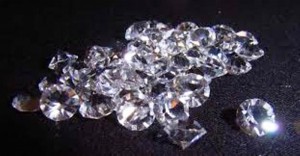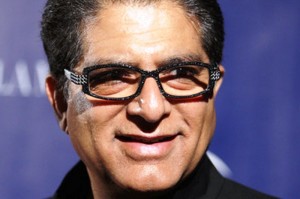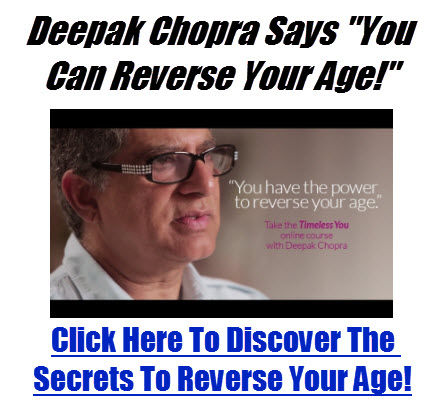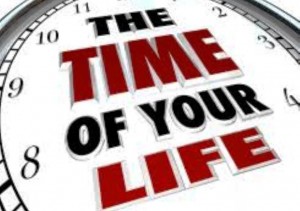 Source: Kooma
Source: Kooma
There are endless books about the purported power of crystals. Walk into your local arcane store and the chances are that there will be a display of crystals, with little cards under each one, telling you just what their capabilities are.
Many healers, psychics and clairvoyants use crystals as part of their rituals and some will cheerfully tell you that they have selected a specific crystal for its abilities in that situation. Perhaps because of their appearance and sheen, crystals have been thought to have powers for thousands of years, even appearing in mythology legends across the world. But how is it that these inanimate objects are blessed with apparent abilities?
More than a lump of rock?
The answer is that they don’t: crystals have no supernatural abilities at all. It is known that, like all matter, they vibrate at a particular frequency; physics tells us that all matter is merely energy slowed to a very low vibration, but the frequency at which crystals do so is so low and limited that there is virtually no chance that they can have an effect on us.
This discounts any radioactive material; we’re talking about the common, crystalline rocks that are used on a daily basis by healers and psychic practitioners. So, if they are not the powerful sources of energy that they are supposed to be, why does anyone bother using them at all?
Electricity and crystals
The answer lies in what we do know about crystals. In the mid-18th Century, Carl Linnaeus and Franz Aepinus discovered that crystals can act as storage cells for certain forms of energy. Piezoelectricity is the electric charge that accumulates in certain solid materials, most notable crystals – and was successfully demonstrated by Pierre and Jacques Curie, in 1880. A crystal’s geometric, regular structure makes it the perfect holding tank for electric charges.
As an example, consider quartz crystals used in watches. When compressed or bent, quartz, along with many other crystals, generates an electric charge. Quartz was deemed perfect for the job of timekeeping, due to its type and frequency; it’s also used to give an accurate frequency for radio receivers, transmitters and computers.
We now know that crystals have amplificatory and focusing qualities, being able to increase the intensity and potency of particular energies. When we consider this in conjunction with their use in psychic practices, the reasons for using crystals becomes much more apparent.
Theta brainwaves
Clairvoyants, healers and those with psychic abilities generate energy on a level that is undetectable to most of us. Healers channel these energies into the bodies of their subject to engender a healing environment, psychics extend their energies to tap into the subconscious aspects of their clients and clairvoyants are able to direct their energies to a higher plane to make contact with the residual energies left by the spirits of those who have moved onto the other side.
In short, the majority of psychic activity is about the generation, extension or exchange of energy. These energies are much more than a simple belief; they have been recorded on brain monitors and are known as the Theta State. In order to generate psychic energy, the brain must be generating at four to five cycles per second. The Theta State has been the subject of major research and was the basis of many investigations during the notorious MK Ultra research project.
Adding a flavor to energy
Just as we can use convex glass to focus the rays of the sun and maximize their intensity, psychics use crystals to similar effect. Unless the medium or psychic has mastered the ability to enter the Theta State, most psychic energies are unfocussed and difficult to use. Because of this, many psychics use crystals to ensure that the energy they generate is properly harnessed, amplified and focused. However, if crystals are little more than conductors of energy, then why do psychics like to use particular crystals for particular tasks?
The notion that certain crystals have certain abilities is another example of where jargon and fact can muddy the waters and confuse the facts. Those who rely on New Age Speak would have is believe that crystals are somehow sympathetic to certain ailments, either on a psychic or physical level. This suggests that crystals are somehow sentient or possessed of an attitude that allows them to work on certain problems.
The truth, while, again, it might sound a little less esoteric, is much simpler to grasp. As we have seen, quartz was chosen for a particular purpose because of its abilities to channel energy at a particular frequency. It is the best suited to that job, because the frequency it can transmit at is relevant to its purpose. Likewise, other types of crystal, due to their geometric construction and the geological influences that make up that structure, also work at particular frequencies.
Wittingly or otherwise, psychics have determined which crystals work with which conditions. It may well be that crystals add something of their own scientific character to the energies that pass through them, just as water passing through a copper pipe will become tainted with the taste of metal and even absorb some of the mineral and metallic deposits offered up by the copper case.
Amethyst
Amethyst is one of the most popular crystals used by healers and it is believed to be able to exert influence over problems of addiction. However, the energy generated by the psychic isn’t specifically attuned to dealing with that problem; only by passing it and focusing it through the appropriate crystal will that energy have any potency. The psychic’s energy passes through the crystal and is focused to the frequency that amethyst uses, as a result of its geometric structure.
In addition, any other compounds or naturally occurring residues that are harbored within the crystal’s structure will also have an effect on that energy, making it more pertinent to the job in hand. The crystal itself remains nothing more than a conduit, but the elements that make it up may well be able to be used to fight addictive problems, particularly because they cannot yet be synthesized into another form. Combined with energy that is generated from someone who is trying to help another, crystals can be used to add their own ‘flavor’ to that energy, making it more potent for particular situations.




